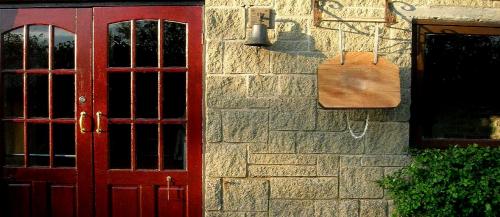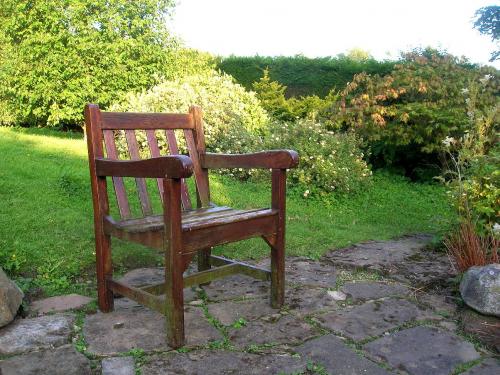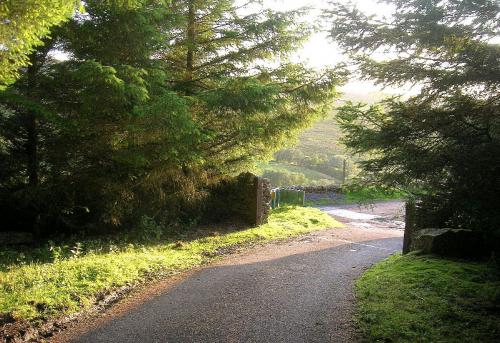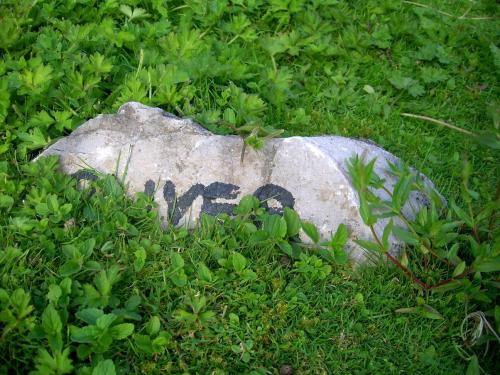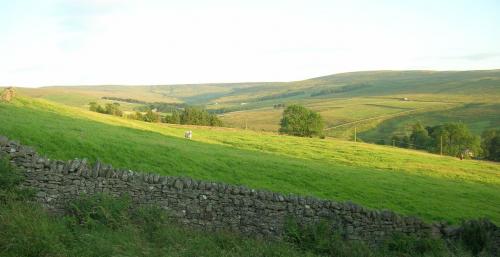I’m so delighted to point you to the work of a Dutch artist, a practicing member of the OBC community in The Netherlands, who has created a wonderful contemplative space in a nursing home in Delfshaven. The site has just recently been translated into both English and German and is, in turn, the work of another Dutch woman artist in our congregation. What talent! I’ve known them both for many years, I can’t say enough good things about them. And here is a link to the home page of the site I’m referring to. Great poem from Basho on there
‘There is little place for reflection in our society, so what I had in mind was to literally and figuratively make room for quiet contemplation here, in the middle of a busy nursing home in multicultural Delfshaven Rotterdam.’ Meulendijks decided not to place a work of art in the space, but to make the space itself into a work of art. The goal was to create a place that excludes no one due to religious affiliation or physical challenges. First, she constructed a detailed model to adapt the existing space to these purposes. She altered the structure and layout and employed motifs from religious architecture to create a visually subdued, serene experience for visitors. Her choice to use circle and dome patterns, as universal spiritual symbols, places the emphasis not on our differences but on the shared human experience of an inner life. All the same, Meulendijks designed mobile furniture and liturgical objects to allow different religious groups to temporarily tailor the chapel to their specific needs. In addition to traditional craftsmanship and handwork, the artist and her team also made use of anachronistic details in the chapel – not in an attempt to resurrect the past, but rather to make all sense of time disappear.
The result is a public space that gives visitors the seclusion they need to listen to the silence.
From The Zorg Compas Chapel, Rotterdam.
See more of Ingeborg’s work and schedule of exhibitions on her web site.
